Breastfeeding: How to Increase Your Milk Supply


Nurse, Nurse, and Nurse Again
The more your baby nurses, the more milk your body makes. Don't follow a strict schedule. Nurse your baby whenever they are hungry, for as long as they want, especially in the first few weeks of establishing your supply, and offer the other breast when the first is empty.

Don't Worry
Many new moms think that they have a low milk supply when in fact nothing is wrong. As long as your baby is alert, active, and regularly filling and wetting diapers, your supply is likely fine. Remember, it can take a few days after delivery for your milk to come in. Meanwhile, your baby gets colostrum, which is the thick first stage of breast milk, rich in nutrients.

Try to Rest
Lack of sleep is really rough on your milk production. If you can, take a “nursing vacation.” Cut back on outside commitments, and spend a couple of days doing as little as possible other than relaxing with your baby, resting, eating, and nursing. (Of course, this is easier with a first baby than when you have older children who also need your attention.)

Tame Stress
While stress may not curb milk production, it can hamper your let-down reflex (which releases milk into your milk ducts) and make it harder for your baby to get what they need. Take care of yourself so that you're at your best for your baby. Ask your partner, family, or friends to help with other things. Tell overnight guests to wait a few weeks before they visit, so you can nurse in peace and establish milk supply.

Get Support
Seek out other new moms who are breastfeeding and lean on each other. If your mom, friend, or grandmother breastfed, ask them what helped. If you're feeling vulnerable while you’re getting your milk supply established, avoid people who are critical or don't support your breastfeeding or who make it hard for you to nurse.
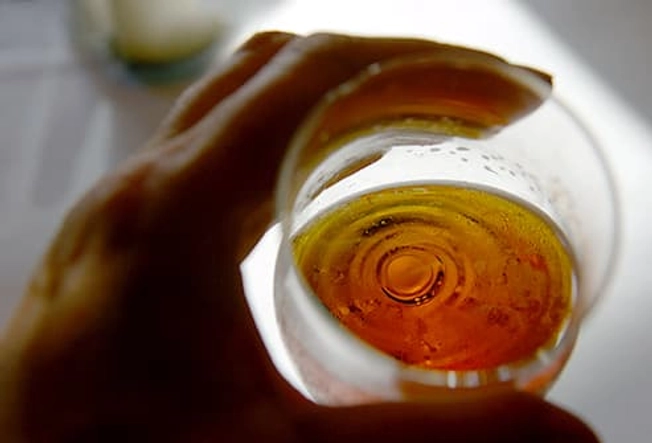
Steer Clear of Beer and Other Alcohol
You may have heard the claim that beer stimulates milk supply, but actually, drinking alcohol lowers milk production. For example, one study found that after drinking one or two glasses of wine, women took longer to release the first drop of milk and produced less milk overall.
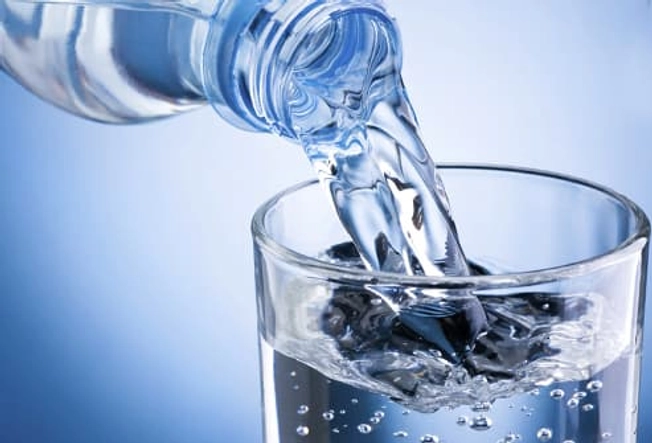
Drink Plenty of Water
If you get dehydrated, you'll make less milk. It’s easy to get busy and distracted with a baby, so keep a bottle of water with you, and stash bottles where you usually nurse. Also, try to eat foods that are naturally rich in water, such as fruits and vegetables.

Feed You, Feed Baby
To maintain your milk supply and your own health, if you’re exclusively breastfeeding, you need to get about 300 to 500 calories per day more than what you needed to keep your pre-pregnancy weight. The best diet for a nursing woman is simply a normal, healthy, balanced diet rich in fruits, veggies, and whole grains.

Wait to Use Bottles
Bottle feeding is fine for later on, but in the first few weeks of establishing your milk supply, your baby should do all their sucking, or at least as much as possible, at the breast. The baby empties your breast much better than a pump does, so you’ll make more milk in response to your baby’s signals compared to a machine.
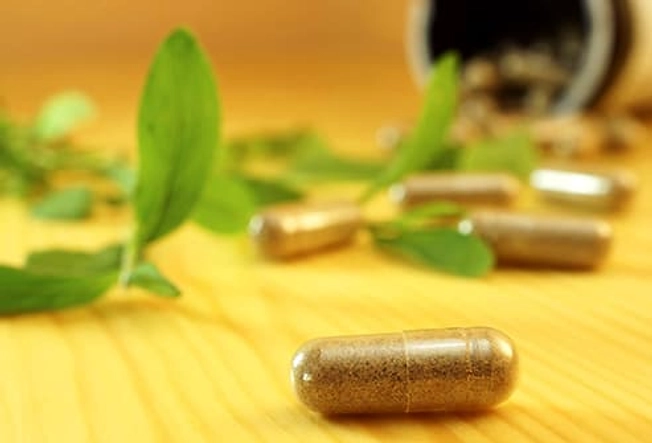
Herbal Help?
Certain herbs are thought by some to have milk-boosting effects for many women. One is fenugreek, a seed often used in cooking. Another commonly used supplement is blessed thistle. The research isn't clear on whether either of these supplements really stimulates milk production, but they’re generally considered safe to take while breastfeeding. Avoid fenugreek during pregnancy, because it may cause uterine contractions. Talk with your doctor before using any herbal supplement.
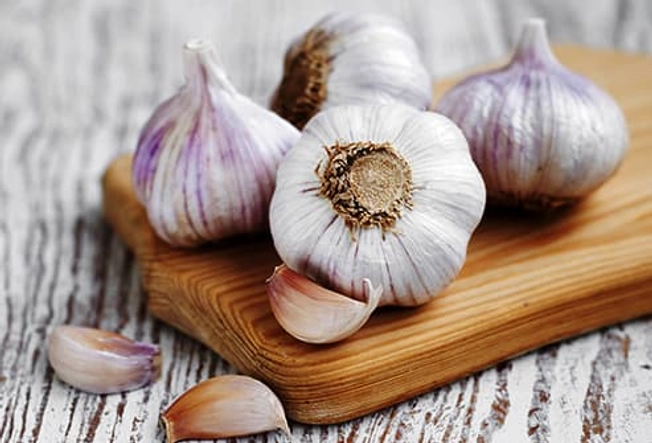
Foods and Breast Milk
You don't need to eat certain foods to make more milk. Just eat a balanced diet that includes a variety of vegetables, fruits, grains, protein, and a little bit of fat. Some research shows that garlic, onions, and mint make breast milk taste different, so your baby may suckle more, and in turn, you make more milk. If your baby seems gassy after you've eaten broccoli, cabbage, or beans, back off of those foods.
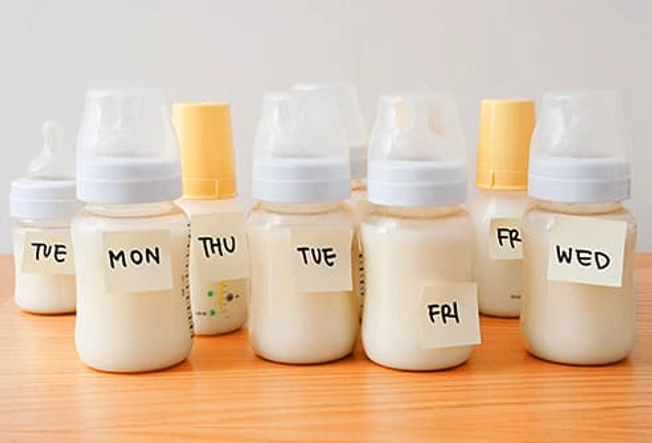
If You Pump
If you mainly or exclusively pump to feed your baby, then most of the advice in this slideshow applies to you, too. Also, your milk letdown and production are cued by your baby, so try looking at a picture of your baby, listening to a recording of their voice, or inhaling the scent from their blanket or sleeper as you begin to pump.

Massage Your Breasts
Breast massage can help to boost the volume and fat content of your milk. When your baby is “comfort nursing” (calming and soothing themselves more than drinking), massage your breast near the chest and then a little further toward the nipple, and wait for your baby to take a couple of swallows. Then massage another area of the same breast, and wait for more swallows. Repeat.
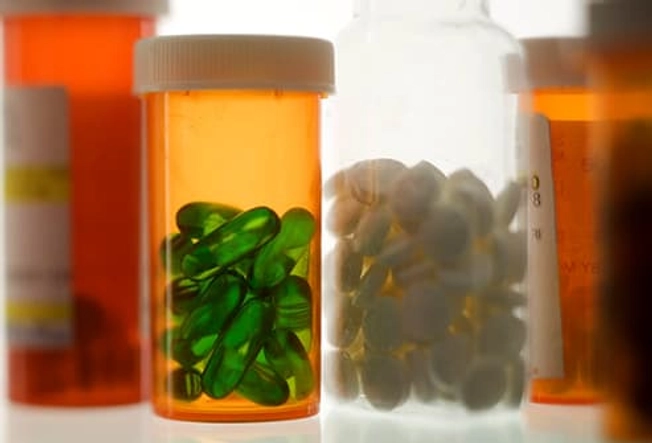
Check Your Meds
Some drugs can affect breastfeeding. Commonly used medicines that may cut your milk supply include antihistamines and decongestants, diuretics, hormonal contraceptives containing estrogen, and some weight loss medications. Check with your doctor about alternatives.

Find a Pro
If you’re having a hard time getting the hang of breastfeeding, an experienced, nonjudgmental professional can be a lifesaver. Consider hiring either a postpartum doula or a lactation consultant to give you advice on things like latching on and the best nursing holds for you. (Sometimes you can find both skills in one awesome expert!)
IMAGES PROVIDED BY:
1) Getty
2) Getty
3) Getty
4) Thinkstock
5) Thinkstock
6) Getty
7) Getty
8) Thinkstock
9) Getty
10) Thinkstock
11) Thinkstock
12) Getty
13) Getty
14) Thinkstock
15) Thinkstock
SOURCES:
La Leche League International: “How to Get Your Milk Supply Off to a Good Start,” “Maternal Nutrition during Breastfeeding,” “Is My Baby Getting Enough Milk?” “I’m pumping milk to feed my baby, but my supply is going down. What can I do?”
Lawrence, R. Breastfeeding: A Guide for the Medical Profession.
U.S. Department of Agriculture WIC Program: “Breastfeeding Challenges and Solutions.”
National Center for Complementary and Alternative Medicine.
Society of Obstetricians and Gynaecologists of Canada: “Medications and Drugs While Breastfeeding.”
Newton-Wellesley Hospital: "Lactation/Breastfeeding Services: Frequently Asked Questions."
Mennella, J. Pediatric Research, December 1993.
Academy of Nutrition and Dietetics: "Breast-feeding Basics for Healthy Babies."
FDA: "Using a Breast Pump."
Office of Women's Health: "Breastfeeding."
U.S. Department of Agriculture: "Tips for Breastfeeding Moms."
Office of Women's Health: "Breastfeeding: Making Breast Milk."
Office of Women's Health: "Breastfeeding and Everyday Life."
